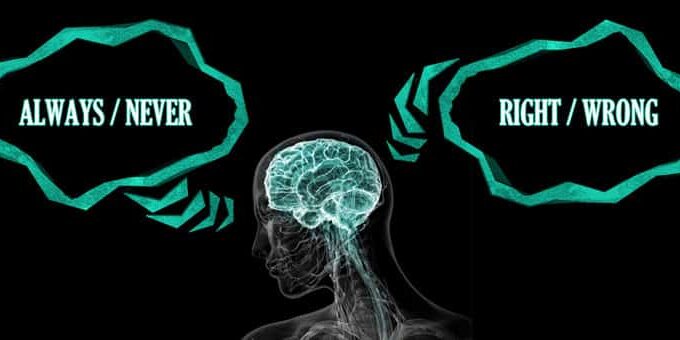One of the modern treatments you may be offered in rehab is cognitive-behavioural therapy (CBT). This is an evidence-based approach which means there is peer-reviewed research to back its effectiveness. Here are just five of the reason for why CBT can benefit your recovery.
1. CBT can be an Effective Tool for Managing Cravings
There are a number of CBT tools that can help you manage your cravings including distraction techniques, visualisation, and ‘talking it through’. Urge surfing is a technique that combines CBT with mindfulness (mindfulness-based relapse prevention), and it teaches you how to just ‘be with’ the craving until it passes.
2. It Provides a Strategy for Dealing with Peer Pressure
Peer pressure is one of the most common relapse triggers – especial for people trying to recovery from opiate addiction. The ABC model of CBT is a way of looking at how your beliefs influence your behaviour, by challenging unhelpful beliefs (e.g. ‘I need to take drugs to be social), you will be less likely to bow to peer pressure. CBT can also raise your self-esteem so you don’t feel guilty about saying ‘no’.
3. It Teaches You How to Promote Positive Thought Patterns
Once you see how your thought patterns impact your behaviour, you can start to actively cultivate positive thought patterns. You’ll likely be amazed by how much changing your beliefs can change your life and make things easier for you.
4. The ABC Technique can be Applied to Many Areas of Your Life
The ABC tool is not only going to help you deal with unhealthy thought patterns surrounding addictive behaviour, you can use it in other areas of your life as well. The reality is that a great deal of suffering is due to unhealthy ‘programs’ running inside of our minds. You can use the ABC tool to tackle any pattern of thinking that is negatively impacting your life.
5. It can be Effectively Combined with Mindfulness to Treat Anxiety and Depression
Mindfulness-based cognitive therapy (MBCT) is a powerful approach for dealing with anxiety and depression. The goal is to uncouple the link between certain moods/feelings and patterns of thinking – for example, when low mood triggers negative thoughts, it begins a cycle that pulls the person into depression. Mindfulness teaches you to just experience moods and feelings in the present moment without resistance, and this prevents the downward spiral into mental anguish.







